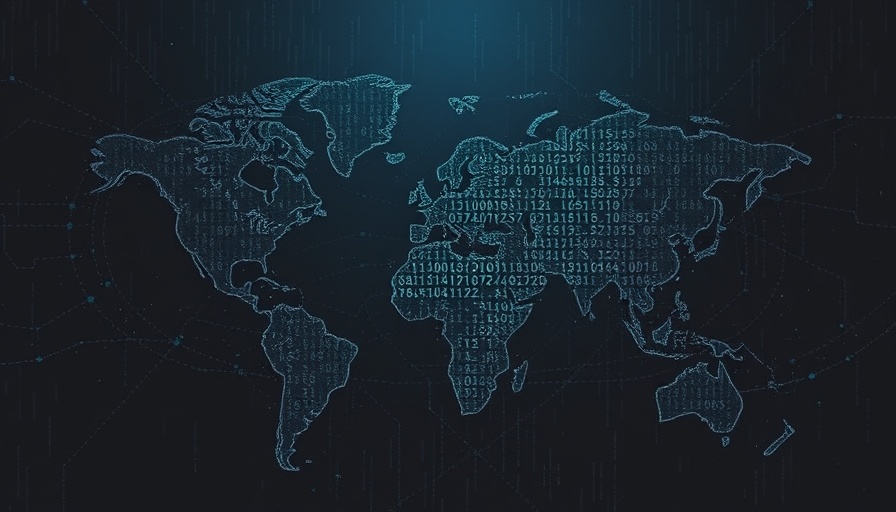
Unraveling the Cyber Collapse
The recent downfall of Israel's offensive cyber capabilities has sent shockwaves through the geopolitical landscape. This collapse can be traced back to various factors, most notably the U.S. government's actions that have significantly impacted Israel's cyber sector. As visa revocations and company sanctions plague the industry, critical national security interests are at stake, raising pressing questions about the effectiveness of Israeli officials in safeguarding essential technology.
The Role of U.S. Policies
American policies have profound implications for Israel's cyber resilience. Recent reports indicate that stringent sanctions and canceled mega-deals with tech firms have created an environment of mistrust and uncertainty. This has not only affected the tech economy but has also raised suspicions about potential infiltration by foreign entities. Histories of collaboration in cybersecurity could be jeopardized, affecting strategic partnerships that are vital to Israel's defense capabilities.
Time for Reflection: A Lesson on Security
As global citizens, we must reflect on the implications of such developments. Israel has long been viewed as a leader in cybersecurity, but evident cracks are appearing in this narrative. If critical sectors are susceptible to collapse, what does this mean for other nations that rely on Israel's expertise? The situation serves as a stark reminder of the interconnected nature of global security and technology.
The Human Angle: A Community at Risk
While the cyber realm may seem distant, the repercussions resonate deeply across communities. In Israel, defense and technology are more than just industries; they shape lives and offer careers to many. For those invested in Israel and its future—especially Christians invested in the region—there is a sense of vulnerability. As cyber threats escalate, the implications for the broader social fabric become undeniable. This situation underscores the importance of fostering interfaith dialogues, which could yield understanding and collaborative solutions.
Future Predictions: Challenges Ahead?
The road forward is fraught with challenges. If the current trajectory continues, Israel's vulnerability might expand, inviting competition and insecurity. Other nations may sharpen their focus on cyber strategies that counter Israeli advancements more aggressively than before. Predictively, the narrative can shift from partnership to hostility if these dynamics are not carefully managed.
Empowering Communities Through Knowledge
As community members and advocates engaged in humanitarian issues, understanding the significance of national cybersecurity can empower supporting actions. Awareness of these changes can lead to informed community discussions about the safety and well-being of those in Israel and the region. Supporting initiatives that foster technological innovation and effective policy could aid resilience within Israeli society.
For individuals and organizations looking to create meaningful change, this moment presents an opportunity. This situation invites prayerful support for stability in this region, emphasizing how timely engagement can foster enhanced spiritual and community resiliency.
In this unpredictable climate, vigilance and action are vital. Whether through advocacy, education, or collaboration in interfaith efforts, we can play a role in shaping a more secure and sustainable future for communities impacted by these policies.
 Add Row
Add Row  Add
Add 








Write A Comment